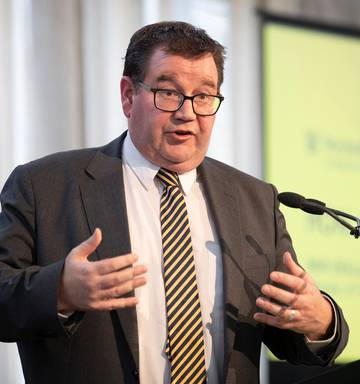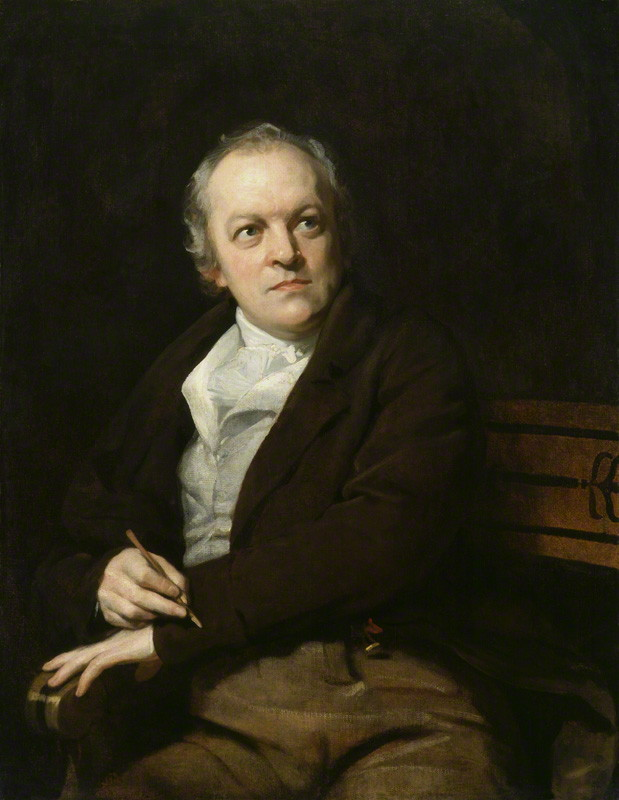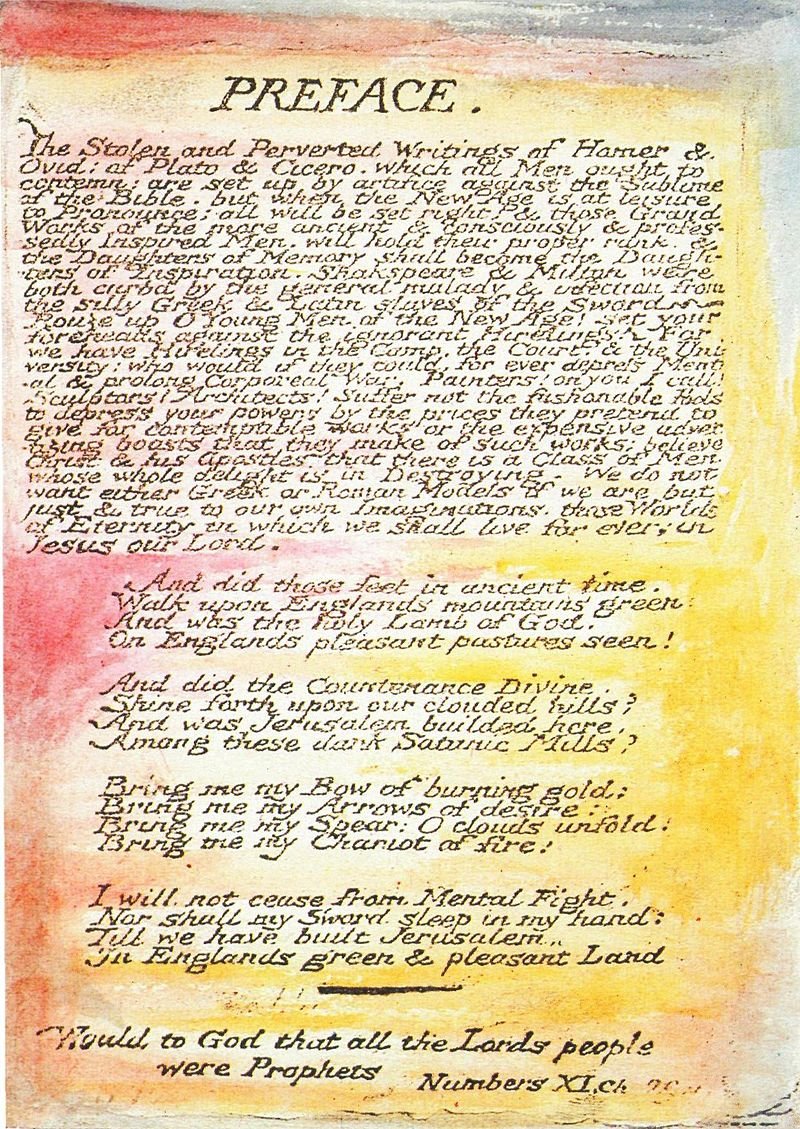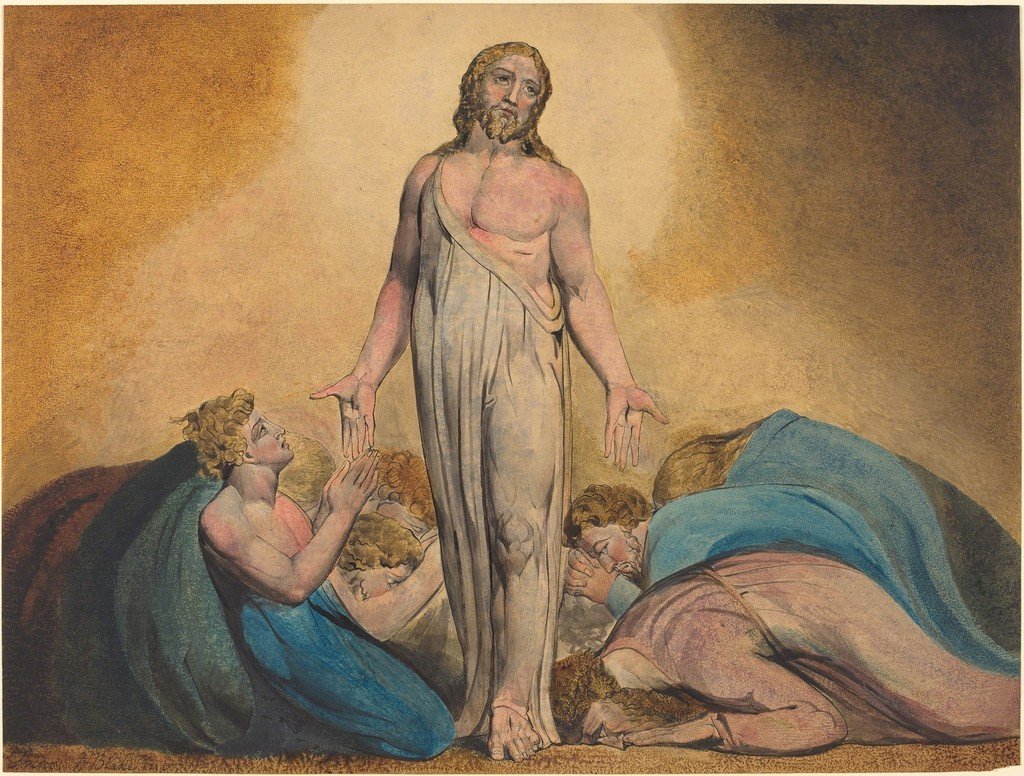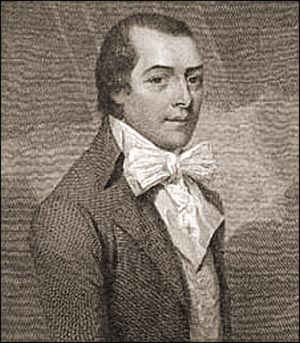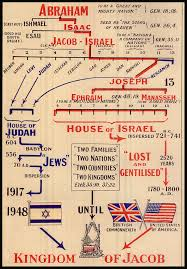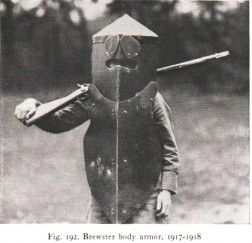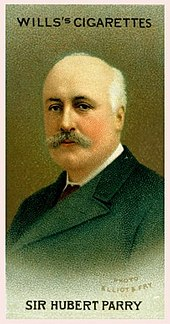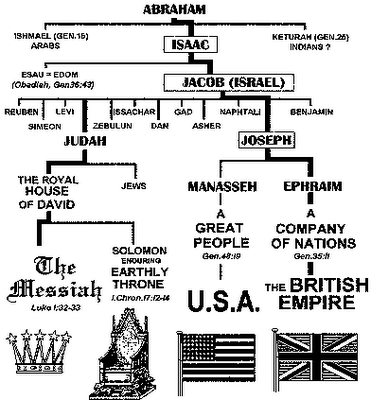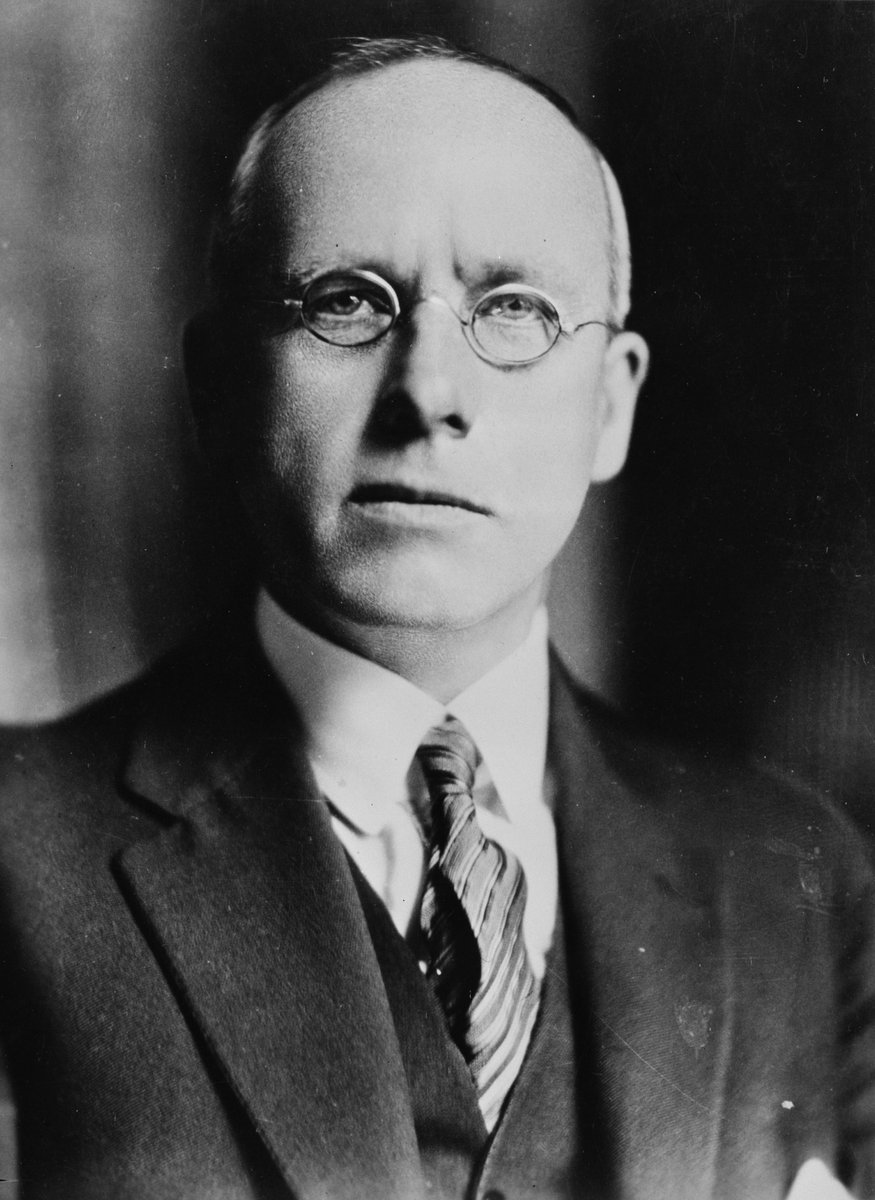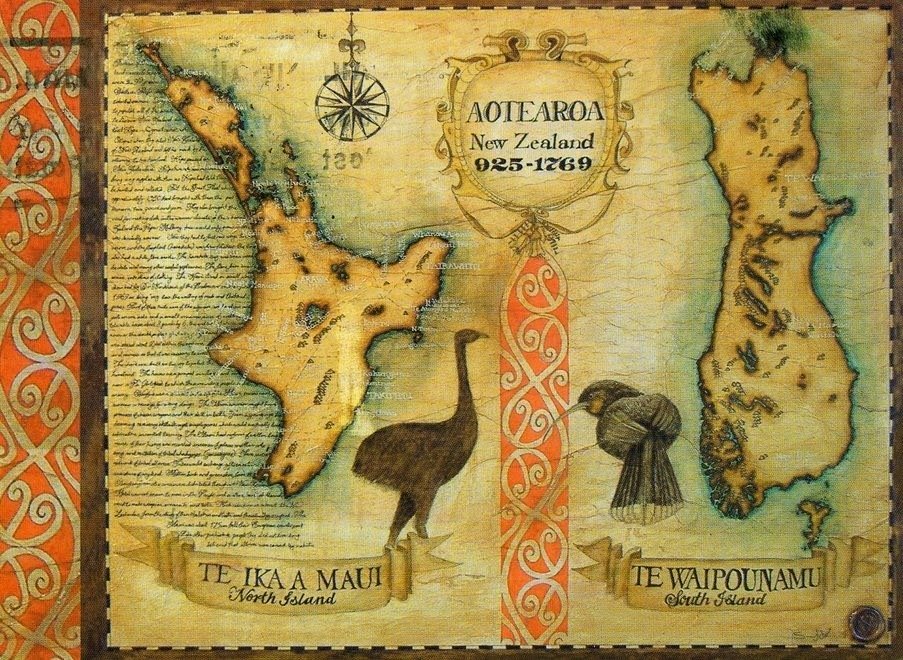1 During his budget speech Grant Robertson quoted William Blake, & called NZ a & #39;green & pleasant land& #39;. Robertson & his supporters noted that Peter Fraser used the same quote in some speeches back in the & #39;30s. The line was a bad idea then, & it& #39;s a bad idea now. (thread)
2 The line Robertson & Fraser quoted comes originally from & #39;And did those feet in ancient time& #39;, a short verse preface to Blake& #39;s & #39;Milton: a poem in two books& #39;, which was published in 1808. Blake& #39;s preface has had a long, strange, & sometimes sinister journey.
3 Blake& #39;s poem imagines Jesus visiting England& #39;s & #39;clouded hills& #39; & & #39;dark satanic mills& #39;. Christ& #39;s presence momentarily redeems a troubled, unjust society. Blake was writing amidst the chaos & fear created by the Industrial Revolution, the Clearances & the Napoleonic Wars.
4 In the second half of his poem Blake calls for the building of Jerusalem in & #39;England& #39;s green & pleasant land& #39;. Blake may have been thinking of the prophet Richard Brothers, who is remembered today as the founder of the peculiar ideology known as British Israelism.
5 At the end of the 18th C, Brothers rallied thousands of London& #39;s poor, & even briefly won support in the House of Commons, by proclaiming that the English people were a lost tribe of Israel, who needed either to return to the Holy Land & or else to recreate it on their island.
6 Brothers& #39; messianic pretensions & calls for the overthrow of earthly authority saw him locked up. But his influenced lingered. As the 19th C went on, more & more Britons decided they were part of a lost tribe of Israel.
7 As the 19th C went on, & the British Empire expanded through Africa, Asia, & the Pacific, the notion of the Britons as a divinely guided race became popular amongst the middle & upper classes that Brothers had railed against. A rebel ideology was recuperated.
8 Blake& #39;s work was disregarded in his lifetime, & grew only slowly in popularity. His poem about a new Jerusalem was little-known until World War One, when it was included in a volume of patriotic poetry given to British soldiers.
9 By 1916 the suicidal patriotism of 1914 had given way to fatigue & despair, as losses mounted on the Western front of the war. In an attempt to raise morale, the government commissioned Sir Hubert Parry to put Blake& #39;s words to music. The hymn known as & #39;Jerusalem& #39; was born.
10 Parry& #39;s hymn quickly became an unofficial anthem of Britain & the British Empire. It communicated the sense of Britain as a divinely favoured land, a New Jerusalem in the making.
11 William Massey was NZ& #39;s PM during World War One. He was a British Israelite, & he saw the slaughter in Europe not as meaningless but as part of the work of god& #39;s empire. Tens of thousands of NZers shared Massey& #39;s beliefs.
12 British Israelism continued after the war. The Brian Tamaki of the & #39;30s was Arthur Dallimore, a faith healer who often filled Auckland& #39;s town hall. Dallimore built his own church, using proportions he derived from the Giza pyramid, & proclaimed Edward VIII the bride of Christ.
13 During the & #39;35 & & #39;38 election campaigns, Peter Fraser used Blake& #39;s image of a & #39;green & pleasant land& #39; in speeches. The line would likely have had a very strong & very specific resonance. It would have appealed to pan-British sentiment, & to notions of British exceptionalism.
14 Some of Fraser& #39;s defenders on twitter have suggested that because he was a Scot he would not have sympathised with Britain, & that he was using Blake to evoke an autarkic South Seas socialist utopia. But by the & #39;30s Fraser was far more pro-Britain than many of his colleagues.
15 As I noted in a piece for the Spinoff earlier this year, senior figures in Labour, notably Walter Nash, were surprisingly friendly, in the & #39;30s, with Nazi Germany, & hostile to notions of an armed confrontation b/n the empire & Hitler. Fraser was not amongst this group.
16 Fraser was also out of sympathy, in the late & #39;30s, with the group of nationalist Labour MPs led by John A Lee, who wanted to take a hard line with the British banks who were owed huge sums by NZ. & as PM during World War Two Fraser again defied nationalist colleagues.
17 When Japan entered the war & NZ seemed in existential danger, many NZers felt that the country& #39;s armed forces should be recalled from the northern hemisphere, where they were doing Britain& #39;s bidding. Fraser refused these calls.
18 All in all, I think Grant Robertson could have found a better line to quote. P& #39;haps, if he wanted to evoke some local pride, he could have turned to Split Enz& #39;s famous lyric, in which these islands & #39;glisten like a pearl/ at the bottom of the world& #39;? https://www.youtube.com/watch?v=ar7DgREshAk">https://www.youtube.com/watch...

 Read on Twitter
Read on Twitter